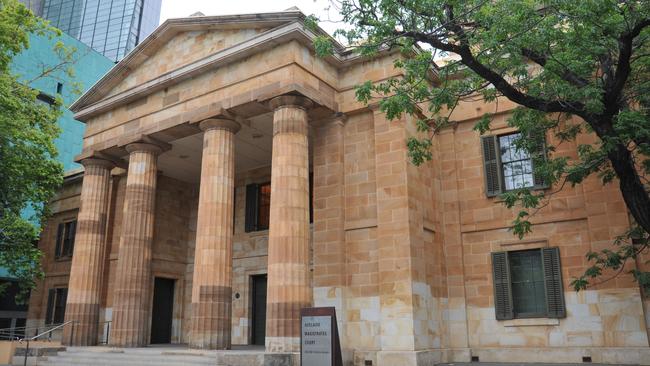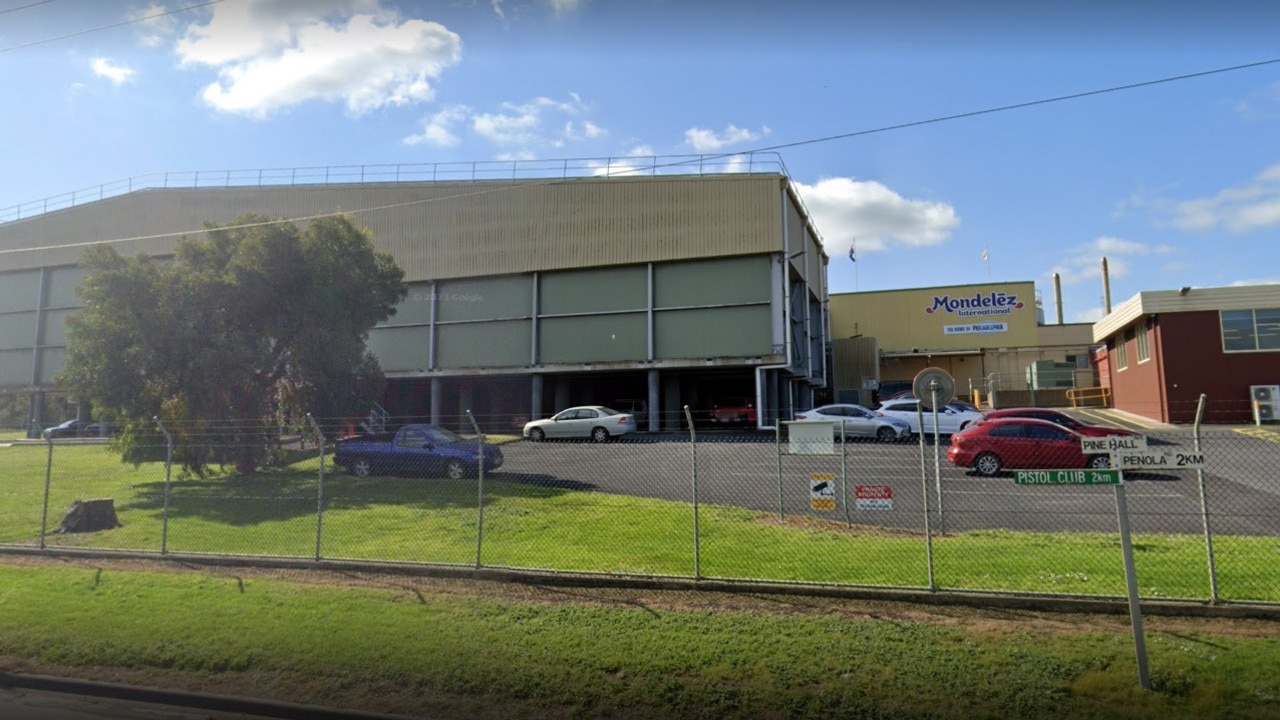Reforms introduced five years ago to end 12-month wait for criminal trials have resulted in a 12-month wait for a criminal trial
Five years ago, defendants and victims faced a 12-month wait for a trial. Thanks to controversial reforms, the wait for a trial remains 12 months long.

Police & Courts
Don't miss out on the headlines from Police & Courts. Followed categories will be added to My News.
Controversial efficiency reforms have left the state’s criminal justice system back where it started five years ago, with victims and defendants once again facing a 12-month wait for trials.
The Advertiser can also reveal that, while the logjam continues to build, a former judge is reviewing those reforms – the second time they have been scrutinised in less than two years.
Auxiliary District Court Judge Gordon Barrett is consulting with groups ranging from the Bar Association to Aboriginal Legal Rights about ways to fix the ongoing problem.
The system was last reviewed in 2019 by former Supreme Court Justice Brian Martin, who recommended changes including strict deadlines for prosecutors.
On Sunday, the Law Society of SA called for Mr Martin’s recommendations to be implemented immediately in order to bring the longrunning saga to an end.

Craig Caldicott, co-chair of the society’s criminal law committee, said the current “lack of court and prosecutorial oversight” had created “excessive, significant delays”.
“We understand trials are presently being listed for May and June next year … having to wait so long draws out and amplifies the suffering for victims, witnesses and defendants,” he said.
“It creates unnecessary costs and backlogs across the justice system … it is in everyone’s interests that the criminal justice process is improved.”
A Courts Administration Authority spokeswoman confirmed the first available listing for a five-day District Court trial “is now approximately 11 to 12 months” from arraignment.
She said Supreme Court trials could be listed in October and November of this year.
Those timelines were, she said, consistent with pre-COVID-19 wait times.
However, the impending trial of eight alleged bikies for the murder of Jason De Ieso “will extend” the wait “beyond the usual time of approximately six months”.

Despite multiple reforms, the District Court has struggled with backlog for decades.
In 2016, defendants faced a 12-month wait for trials, prompting the then-Labor Government to implement a raft of reforms in March 2018.
Under the reforms, police prosecutors retained conduct of cases in the Magistrates Court until the DPP deemed the evidence acceptable and progressed the matters to trial.
The DPP also had the power to send cases back to police, as many times as needed, if they felt the evidence was unacceptable.
Problems immediately arose as, on the very first day of the reforms’ operation, a rape case was adjourned for 14 months immediately following the alleged offender’s arrest.
Tensions between magistrates and police prosecutors quickly escalated as cases were thrown out, prompting angry exchanges and allegations of a “bullying culture”.
In October 2018, then-DPP Adam Kimber SC said serious cases could be resolved faster and more appropriately by his office, rather than by police.
By January of 2019, just 13 cases had made it to trial – by the end of the system’s first 12 months, only 185 cases reached a jury, down from 800 under the prior regime.


In October 2019, Mr Martin, pictured, handed down his review, recommending the DPP handle major sex, drug and assault matters from the moment of arrest.
He further recommended prosecutors be required to hand their preliminary evidence over to defence counsel within eight weeks of a defendant’s arrest.
On Friday, Mr Caldicott said the society “broadly supported” Mr Martin’s recommendations, particularly the eight-week deadline.
“The DPP, rather than SA Police, should have carriage of major indictable matters from the beginning,” he said.
“They can therefore set the times by which disclosure occurs which, in the society’s view, will result in a more efficient provision of material to defence.”
A state government spokeswoman said legislation required any changes to the justice system be reviewed after three years, hence Mr Barrett’s imminent report.
“It will take into account Mr Martin’s work, but also the application and impact of the 2018 reforms since Mr Martin’s Review was handed down,” she said.



